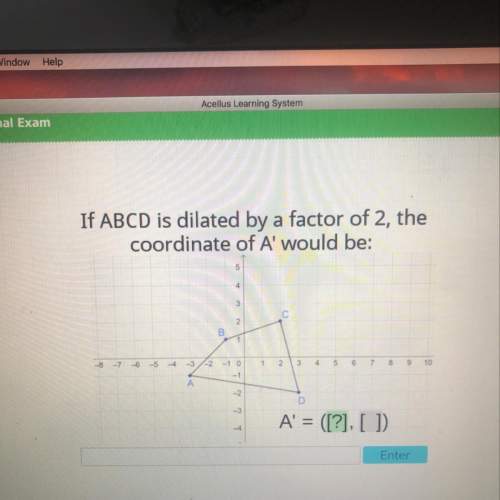
Mathematics, 19.05.2021 18:10 MadisonUpky9652
Anyone who plays or watches sports has heard of the "home field advantage." Teams tend to win more often when they play at home. Or do they? If there were no home field advantage, the home teams would win about half of all games played. During the 2010 season, the home team won 142 of the 250 regular-season football league games. At a 3% level of significance, is there strong evidence of a home field advantage in professional football?
Required:
a. State the null and alternative hypotheses in both words and math notation. Will you perform a left-tailed, right-tailed, or two-tailed test?
b. Calculate the sample proportion. Is the sample proportion consistent with your alternative hypothesis?
c. Sketch the sampling distribution and label the mean, standard error, and the observed sample statistic. Calculate the test statistic. Is the test statistic unusual? Use the test statistic to find the P-value

Answers: 3


Other questions on the subject: Mathematics



Mathematics, 21.06.2019 21:50, rubieceleste548
Rachel is studying the population of a particular bird species in a national park. she observes every 10th bird of that species that she can find in the park. her conclusion is that the birds living in the park who belong to that species generally feed on insects. rachel's sample is . based on the sample she picked, rachel's generalization is . reset next
Answers: 1

Mathematics, 21.06.2019 23:20, coralstoner6793
This graph shows which inequality? a ≤ –3 a > –3 a ≥ –3 a < –3
Answers: 1
You know the right answer?
Anyone who plays or watches sports has heard of the "home field advantage." Teams tend to win more o...
Questions in other subjects:






Mathematics, 12.11.2019 10:31


History, 12.11.2019 10:31


Mathematics, 12.11.2019 10:31




